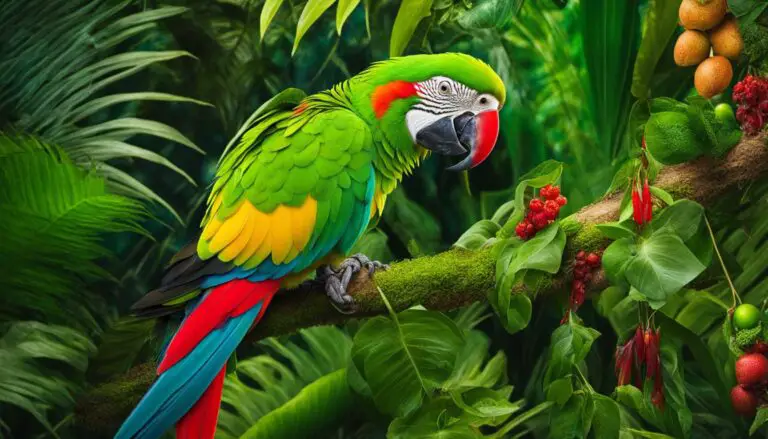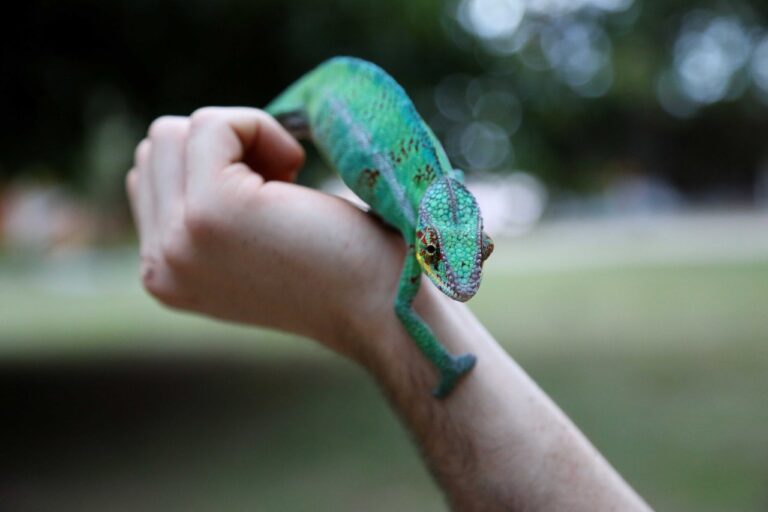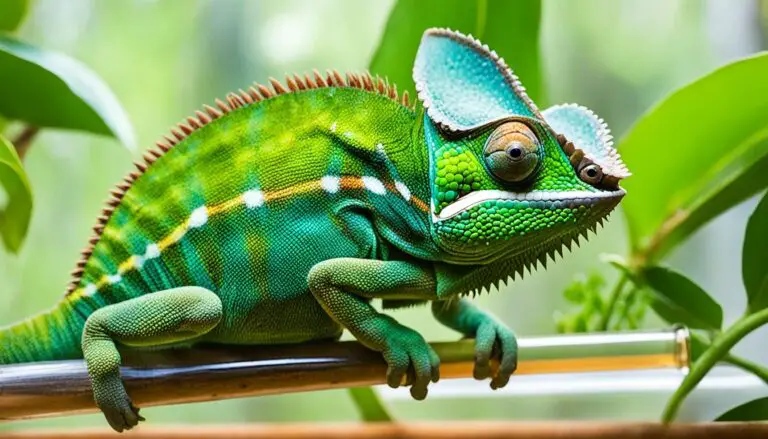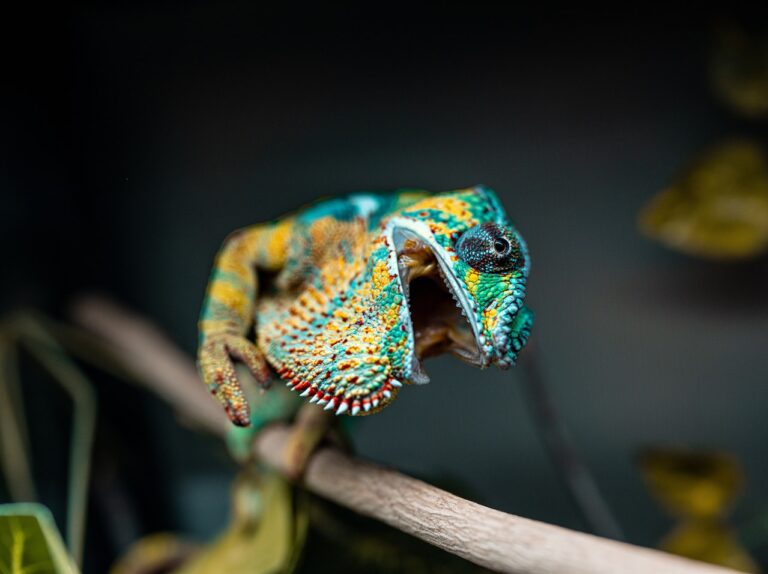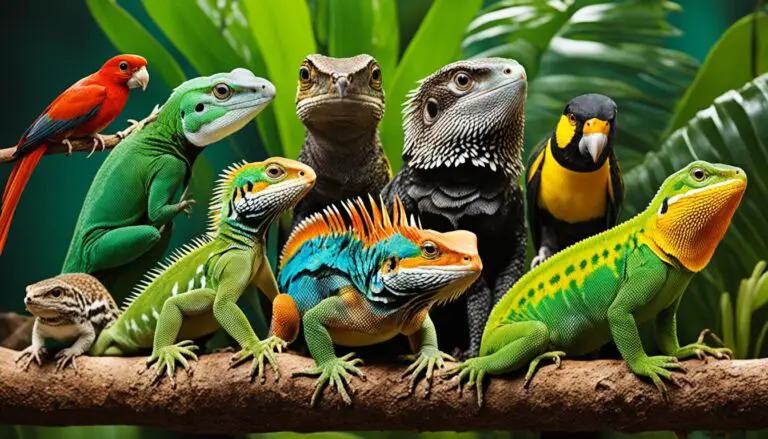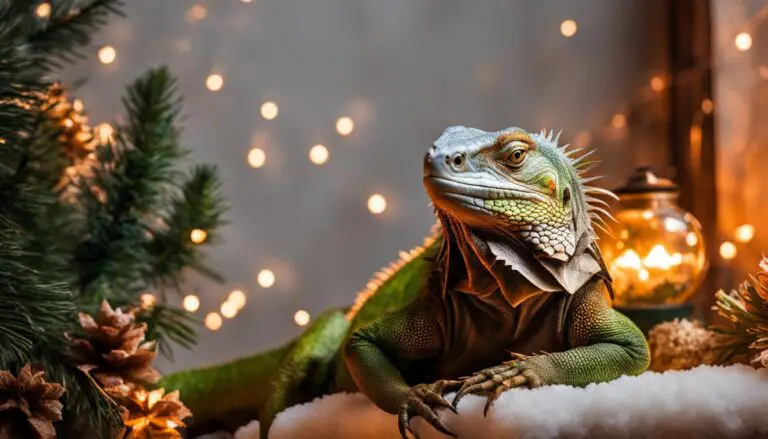Making an Exotic Pet More Comfortable in Your House [9 Steps]
Having an exotic pet can be a unique and rewarding experience.
Whether you have a tropical bird, a reptile, or a small mammal, it’s essential to create a comfortable environment for your furry or feathery friend.
In this article, we will explore various tips and techniques to make your exotic pet feel at home in your house.
From providing a suitable habitat to ensuring their physical and emotional well-being, we’ll cover it all.
So let’s dive in and learn how to make your exotic pet more comfortable in your house.
Key Takeaways:
- Understand your exotic pet’s specific needs, including their natural habitat, diet, and behavior.
- Create a suitable habitat that closely mimics their natural surroundings, considering factors such as lighting, temperature, and resting areas.
- Provide enrichment activities to keep your exotic pet mentally and physically stimulated.
- Establish a consistent routine for feeding, playtime, and exercise to reduce stress and promote a sense of security.
- Maintain a clean environment by regularly cleaning the enclosure and providing fresh food and water.
- Offer a balanced and appropriate diet tailored to your exotic pet’s species and individual requirements.
- Provide a comfortable sleeping area with suitable bedding material.
- Socialize your exotic pet by spending quality time together and allowing interactions with other household members.
- Minimize stressful stimuli, such as loud noises and sudden movements, to create a calm and safe environment.
- Seek professional guidance from veterinarians or exotic pet organizations for specialized care and advice.
Understand Your Exotic Pet’s Needs
To make your exotic pet feel comfortable, it’s crucial to understand their specific needs and requirements.
Do your best to research extensively about the species you own and gather knowledge about their natural habitat, diet, and behavioral patterns.
This understanding will help you create an environment that closely mimics their natural surroundings, promoting their well-being and happiness.
1. Create a Suitable Habitat
An exotic pet’s habitat plays a significant role in their comfort.
Set up an enclosure that replicates their natural habitat as closely as possible. Include appropriate lighting, temperature control, humidity levels, and a comfortable resting area.
For example, if you have a reptile, ensure that the terrarium has the right temperature gradients, hiding spots, and UVB lighting to meet their specific needs.
2. Provide Enrichment Activities
Exotic pets thrive when provided with mental and physical stimulation.
Enrichment activities are vital for their overall well-being.
Offer a variety of toys, puzzles, and climbing structures to keep them entertained.
For instance, a parrot might enjoy interactive toys and puzzles that challenge its intelligence, while a hedgehog might appreciate a maze made from PVC pipes.
3. Establish a Routine
Exotic pets, like any other animals, benefit from a regular routine.
Set a consistent schedule for feeding, playtime, and exercise.
This predictability helps them feel secure and reduces stress.
Additionally, try to replicate their natural day-night cycles by adjusting lighting and activity levels accordingly.
4. Maintain a Clean Environment
A clean environment is essential for the health and comfort of your exotic pet.
Regularly clean their enclosure, remove any waste, and provide fresh food and water.
Maintaining proper hygiene helps prevent the growth of bacteria and keeps your pet healthy.
Research specific cleaning requirements for your pet’s habitat and follow them diligently.
5. Offer a Balanced Diet
Providing a balanced and appropriate diet is crucial for your exotic pet’s well-being.
Consult with a veterinarian or an experienced exotic pet owner to determine the best diet for your specific pet.
Some pets require a specialized diet, while others may need a mix of fruits, vegetables, and protein sources.
Ensure they have access to clean water at all times.
6. Create a Comfortable Sleeping Area
Every exotic pet needs a cozy and comfortable place to rest and sleep.
Provide suitable bedding material, such as soft blankets or wood shavings, depending on your pet’s needs.
Consider their natural behaviors when selecting bedding to ensure they feel safe and secure.
7. Ensure Proper Socialization
Many exotic pets require social interaction to thrive.
Research their social needs and provide opportunities for them to interact with you and other members of your household.
Bonding and spending quality time together helps build trust and strengthens your relationship with your pet.
8. Minimize Stressful Stimuli
Exotic pets are often sensitive to changes and specific stimuli.
Reduce stress by minimizing loud noises, excessive handling, and sudden movements.
Create a calm and quiet environment where they can feel safe and secure.
9. Seek Professional Guidance
If you’re unsure about how to care for your exotic pet or have specific concerns, don’t hesitate to seek professional guidance.
Consult with a veterinarian specializing in exotic animals or reach out to reputable exotic pet organizations.
They can provide valuable advice tailored to your pet’s species and individual needs.
Frequently Asked Questions (FAQs)
How can I make my reptile feel more comfortable in my house?
To make your reptile comfortable, ensure their terrarium has proper temperature gradients, hiding spots, and appropriate lighting. Offer a suitable substrate and maintain humidity levels based on their species.
What can I do to keep my exotic bird entertained?
Exotic birds enjoy toys, puzzles, and interactive activities.
Provide a variety of toys, rotate them regularly, and offer opportunities for mental stimulation, such as foraging games and social interaction.
Is it necessary to create a specific diet for my exotic pet?
Yes, each exotic pet has specific dietary requirements.
Check what their natural diet and consult with a veterinarian or an experienced owner to create a balanced and appropriate diet plan.
Q4: Can I take my exotic pet outside for fresh air?
While some exotic pets can safely enjoy supervised outdoor time, others are better suited to indoor environments.
Research your pet’s species and consult with a professional to determine if outdoor time is suitable.
How often should I clean my exotic pet’s enclosure?
Regular cleaning is essential to maintain a healthy environment for your pet.
Depending on the species, you may need to spot clean daily and perform a thorough cleaning at least once a month.
What are the signs of stress in an exotic pet?
Signs of stress in exotic pets can include changes in eating or sleeping patterns, excessive hiding, aggression, vocalization, or physical symptoms like weight loss.
If you notice any concerning behaviors, consult with a professional.
Conclusion
By understanding your exotic pet’s needs and providing a suitable environment, you can make them feel comfortable and happy in your house.
Remember to create a habitat that mimics their natural surroundings, offer enrichment activities, and maintain cleanliness and a proper diet.
Building a strong bond through regular interaction and minimizing stress will contribute to your pet’s overall well-being.
Seek professional guidance when needed and enjoy the journey of caring for your unique companion.
With the right approach, your exotic pet will thrive in their new home.
Peter Stones is the founder of Exotic Pets Place, the leading online resource for exotic pet care information.
With over 10 years of hands-on exotic pet ownership experience, he is deeply passionate about sharing his expertise to help others properly care for their unusual pets.
When he's not writing extensively researched articles or connecting with fellow exotic pet enthusiasts worldwide, you can find Peter at home tending to his own beloved menagerie of exotic animals.

![Making an Exotic Pet More Comfortable in Your House [9 Steps], the inside of a large house](https://exoticpetsplace.com/wp-content/uploads/2023/05/Making-an-Exotic-Pet-More-Comfortable-in-Your-House-9-Steps-the-inside-of-a-large-house.jpg)
